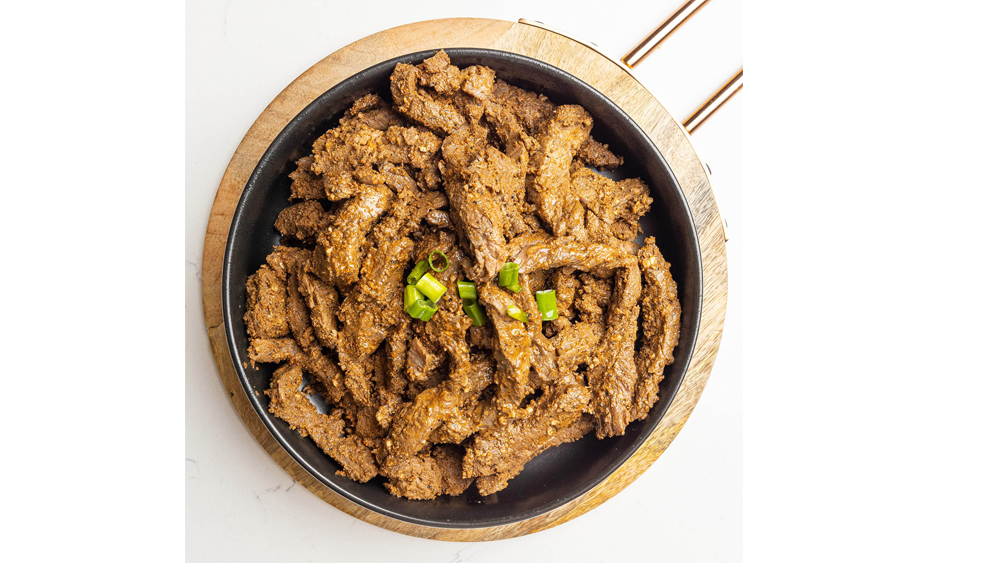A diet rich in fruits, vegetables, whole grains and low-fat dairy products can help lower blood pressure. Eating a variety of foods from each food group is important to maintain a healthy heart and circulatory system.
Eating Right to Keep Blood Pressure in Check
Elevated blood pressure, also known as hypertension, increases your risk of heart disease, stroke and other chronic health conditions. Eating a healthy diet is one way to help control and lower high blood pressure. To keep your blood pressure in check, it’s important to include a variety of nutrient-rich foods that are low in sodium and saturated fat. This includes fruits, vegetables, whole grains, low-fat dairy products and lean sources of protein. Read on to learn more about what to eat to lower blood pressure.
Fruits and Vegetables
Fruits and vegetables are essential for reducing blood pressure. Fruits and vegetables are packed with health promoting vitamins, minerals, fiber and antioxidants which can help reduce your risk of developing hypertension. Studies have shown that diets high in fruits and vegetables may help lower blood pressure. Aim to eat at least five servings a day, including leafy greens, citrus fruits and berries.

Whole Grains
Whole grains are an important part of any hypertension-fighting diet. These nutrient-rich grains provide fiber, vitamins and minerals that help reduce cholesterol levels in the bloodstream and maintain a healthy blood pressure. Whole grain options include oats, brown rice, quinoa and barley. Aim for six to eight servings of whole grains per day.
Low-Fat Dairy Products
Low-fat dairy products are a helpful component in reducing blood pressure. Dairy foods are rich in calcium, potassium and magnesium which can help lower high blood pressure. Opting for low-fat dairy will also help you keep your caloric and saturated fat intake in check. Examples of low-fat dairy include skim milk, plain yogurt, cottage cheese and ricotta cheese.

Lean Sources of Protein
Including lean sources of protein in your diet is important to maintain healthy blood pressure levels. Lean protein sources are low in saturated fat and cholesterol and help reduce inflammation, both of which can be contributing factors to hypertension. Good lean sources of protein include fish, skinless poultry, legumes, beans and nuts. Aim for two or three servings per day.
Foods to Avoid or Limit
Certain foods can negatively affect and raise your blood pressure. Foods to limit or avoid include processed meats, fried foods, red meat, high sodium foods and sugary drinks. It's important to also keep an eye on your portion sizes as consuming too much of even the healthiest of foods can be detrimental to your health.
Eating Healthy Can Help Lower Blood Pressure
A healthy diet is essential for managing and reducing high blood pressure. Eating a variety of nutrient-rich foods that are low in sodium and saturated fat can help keep your levels in check. Try to include fruits, vegetables, whole grains, low-fat dairy products and lean sources of protein in your diet, while limiting or avoiding processed meats, fried foods, red meat, high sodium foods and sugary drinks. With these dietary changes, you can help protect your heart health and reduce the risk of other chronic illnesses.









